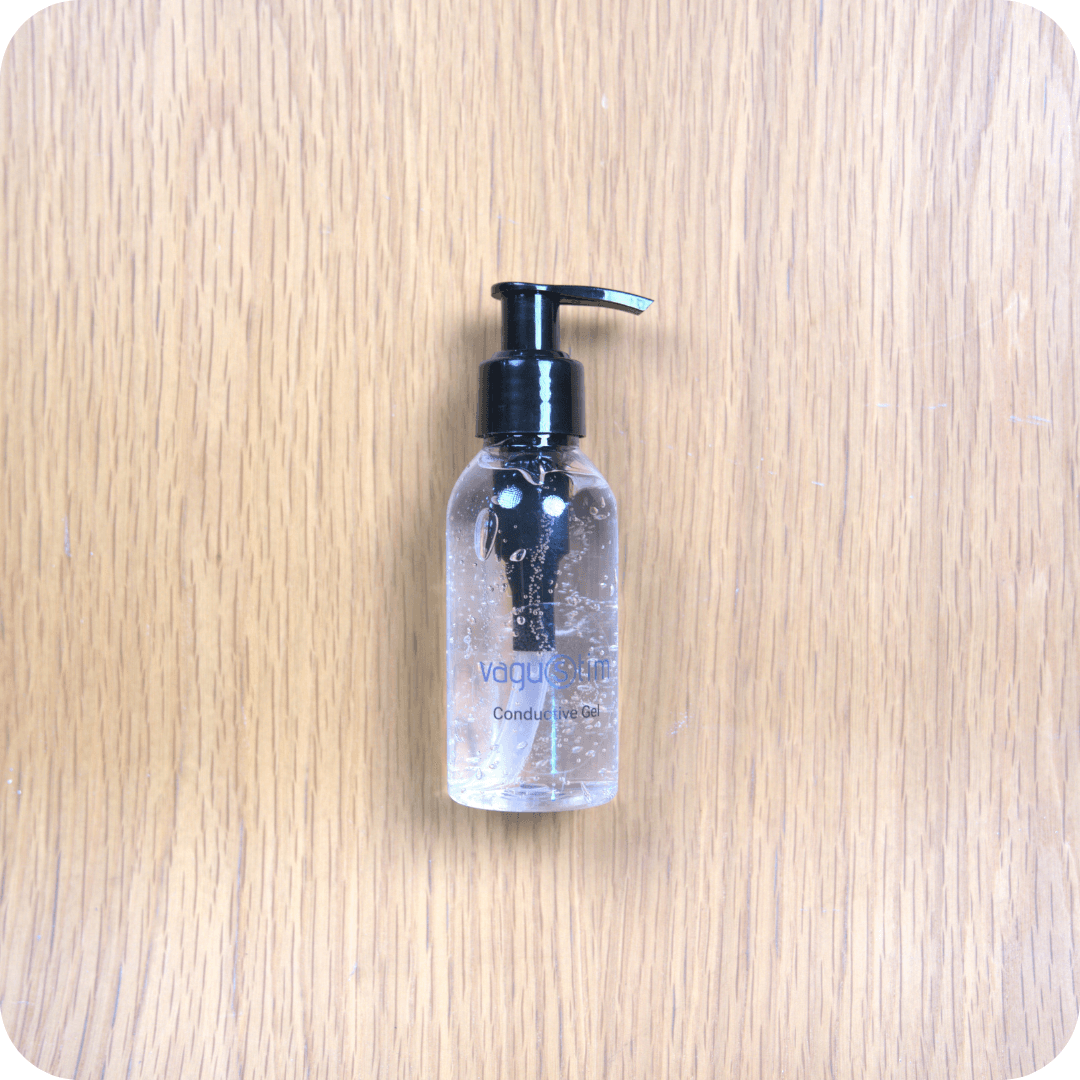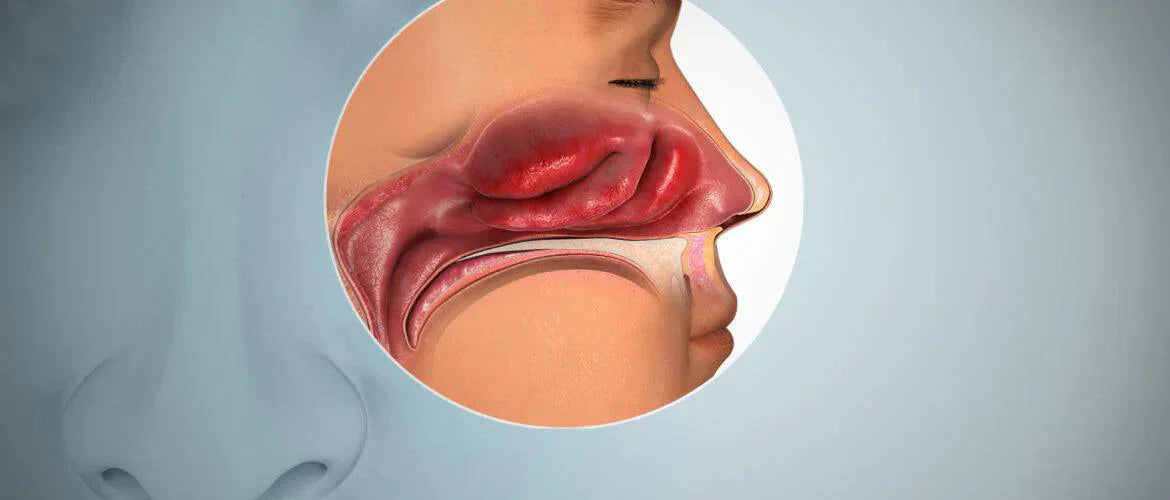Background:
This exploratory study aimed to examine how short-term, non-invasive auricular vagus nerve stimulation (aVNS) may be associated with physiological responses and perceived exertion during a cycle ergometer task in healthy individuals.
Methods:
A total of 46 participants were randomly assigned to three groups based on their perception of electrical stimulation: above-threshold, sub-threshold, and control. Participants were assessed at three intervals—before aVNS, after the first exercise session, and after the second session. Data were collected on self-reported pain (Numerical Pain Scale), pulse rate, blood pressure, respiratory rate, and distance covered during the cycle ergometer test.
Results:
There were no statistically significant differences in pulse rate, oxygen saturation, or exercise performance among the three groups across all measurement points (p > 0.05). However, the second pain measurement (NPS) was notably lower in the above-threshold group compared to both the control and sub-threshold groups (p < 0.05). Additionally, respiratory rate values (all time points) and the third diastolic pressure reading were higher in the sub-threshold group (p < 0.05).
Conclusion:
Under the conditions of this study, a single, short-term session of non-invasive auricular VNS was not associated with measurable changes in cycling performance in healthy individuals. However, participant perception of stimulation intensity may be linked to variations in parameters such as respiratory rate and blood pressure. Further research with extended stimulation durations and multiple sessions may offer deeper insights into the physiological effects of auricular VNS during exercise.





